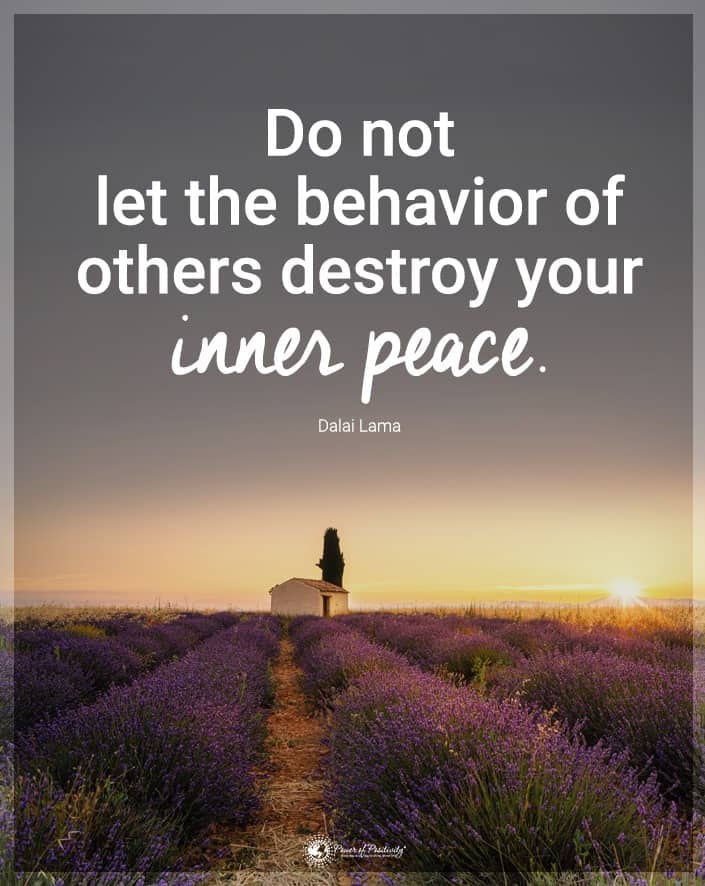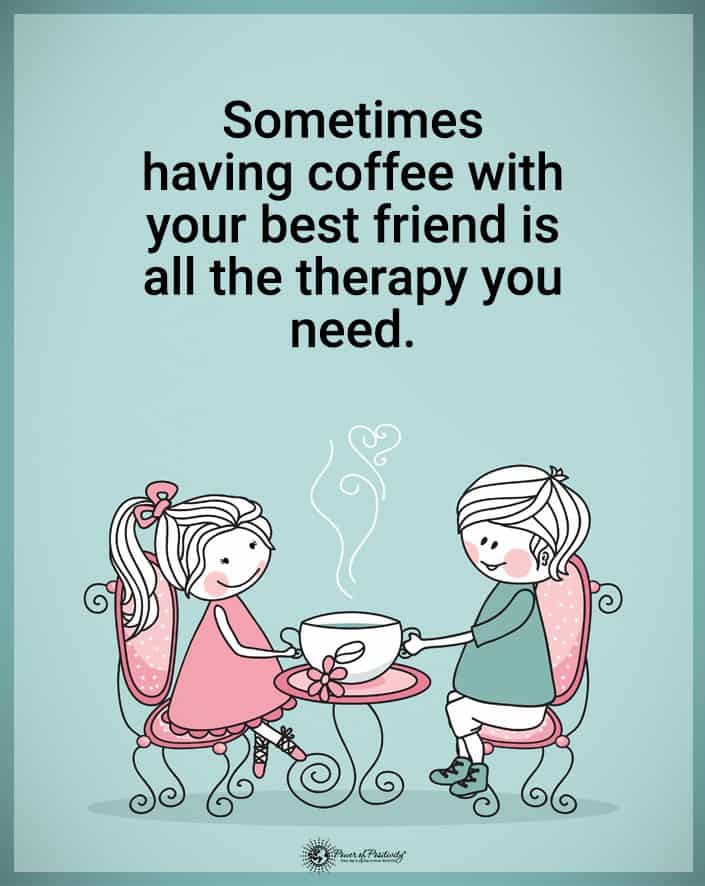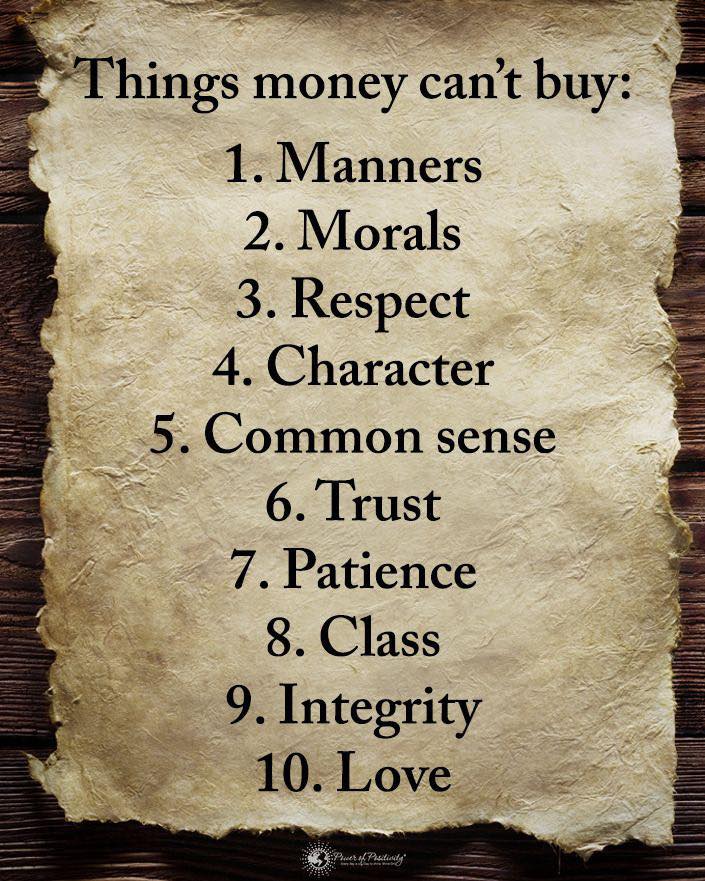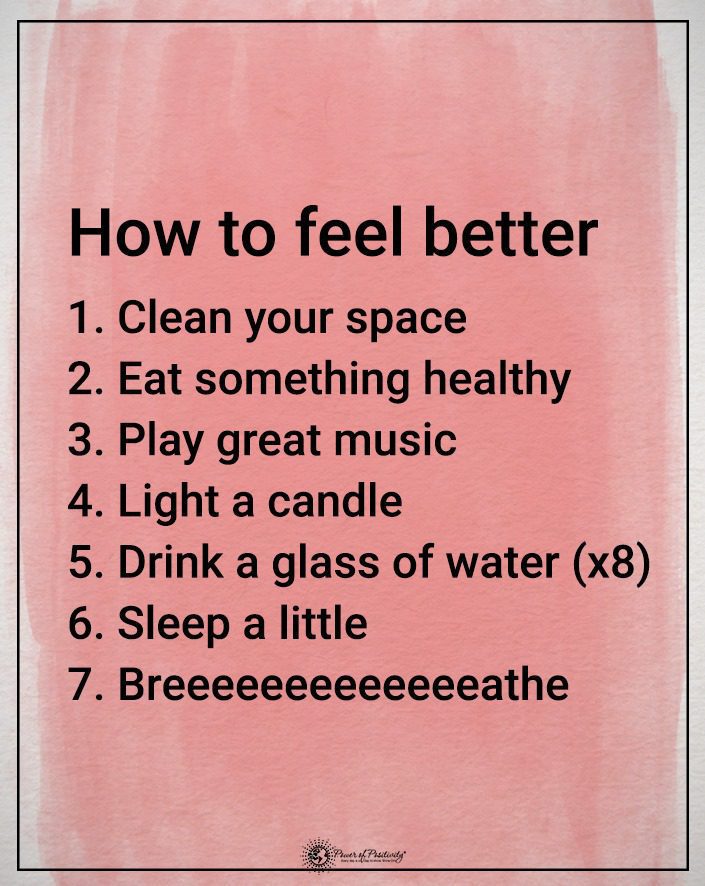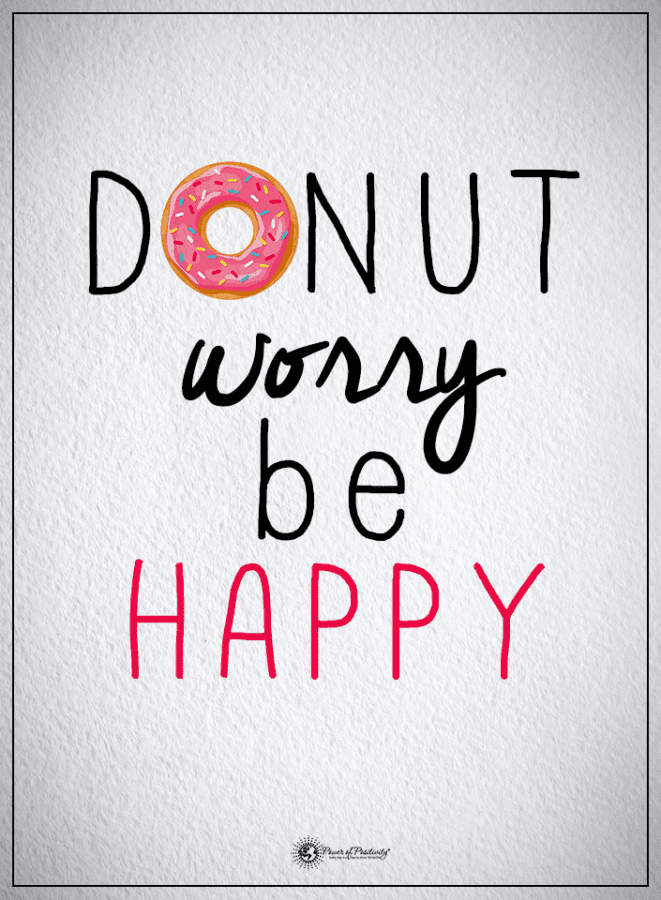Social media is the wave of the future. It’s how we connect with others, from friends to family to coworkers. Social media has also changed how most people see and handle relationships. Posting everything about yourself on social media can be tempting, especially to validate a quick ‘like’ reaction.
While social media is an excellent way to interact with people when you can’t see them every day, it can also be something that can cause issues within your relationship if you’re not careful. Some things should never be shared on your social media regarding your relationship.
Here Are 8 Things About Your Relationship Never to Post On Social Media
“Everybody wants to be a celebrity, which is why we have this phenomenon of social media, where nobody wants to be private. We all want to be seen.” – Marc Jacobs
1. Keep your sexual relationship private, not on social media
Not many people want to hear what’s going on between you and your significant other, and if they do, you probably DON’T want them to be interested in the first place. While it may be tempting to talk about what a great job your partner does in bed, keep it to close friend talk or text messages with your besties. Avoid talking out in the open about what goes on behind closed doors.
2. Don’t post personal information about your partner
According to clinical sexologist and relationship expert Dawn Michael, Ph.D., “You can post things that are personal about you if you want, but don’t post things about your significant other because it becomes an invasion of their privacy.” There are some things that people want to keep private about themselves, like their nightly routines or whether or not they sleep with a stuffed animal. Even if it’s something that you find entirely endearing, your partner might not like having their details shared all over social media. After all, their co-workers may see it, making it awkward Monday morning at the office. Unless your partner has OK’d it, try to keep personal details to a minimum.
3. Refrain from telling the world about your arguments
Don’t ever post your lover’s quarrels publicly! Not only does it invite people who aren’t involved in the argument, but it can be uncomfortable for both of you. Michael continued, “Never put your significant other down on social media, or talk about a fight that the two of you had or are having. When that argument is over, you may seriously regret saying anything because now people will have a negative impression of your partner.”
Keeping arguments between yourselves and learning to work them out is far better than airing your dirty laundry in public. After all, your friends and family will take your side, and you could paint an unfair picture of your partner. Once the fight ends, you’ll be much happier that it will stay between you.
4. Unapproved pictures of your significant other without permission
When you sneak a picture of your partner sleeping in a funny position, it may be cute and endearing to you – but keep it to yourself until your partner has had a chance to approve whether or not you post it. Your partner may not enjoy a picture of themselves drooling onto your pillow going viral. Besides, when you get permission, you’ll know you’re both having fun and enjoying the recognition the picture gets.
5. Don’t post mean jokes about your partner
Marriage and family therapist Aaron Anderson states, “When you bring funny things your spouse did up in the right circles, there’s no harm done. But when you post their screw-ups on social media, there’s no context behind it and there’s no filter for what crowd they get shared with. Regardless of how cute you thought it was, your spouse may not want your mother or your college ex to know about it.”
You can’t translate either tone or intent over text. While you can make mean-spirited jokes to your partner in person, and they’ll be able to tell you’re just teasing them, it’s not the same over social media. The minute you put a mean joke about your partner on social media, you’re no longer able to control the tone and intent of the joke. Other people are going to see that joke and not understand the context. If you’ll tease your partner, keep it to text messages!
6. Don’t post passive-aggressive complaints about your partner
Not only will stumbling across a vague post about your partner make them feel bad, but it’ll also dent your communication ability. If you have a problem with your partner, tell them! The both of you will work it out much faster than if they have to figure out that you’re upset by a Facebook or Twitter post. Also, it’ll keep other people out of your drama.
7. Refrain from posts that are seeking validation
Everyone loves getting notifications whenever they post something on social media. It can be addictive! But try to avoid posting things that seek validation about your partner – from whether or not you two are compatible to pictures of you two kissing. If you’re happy together, that’s all that matters! No one else’s approval matters but your own. Once you learn to ditch the validation, you’ll be much happier.
8. Stop posting disparaging posts about your partner’s ex or prior relationship
Even if your partner’s last relationship was a disaster, keeping the trash talk to yourself is better. When you post about your partner’s ex, it only makes you look insecure in your relationship.
According to relationship expert Neely Steinberg, “It may be tempting to comment on your partner’s ex — especially if he or she is meddling in your relationship — but airing your grievances on social media is passive aggressive. Keep these matters between the two of you; your 1000 friends don’t need to know.” If your partner has chosen you over other people they’ve dated, they’ve done so for a reason! Enjoy being the chosen one and leave past relationships in the past.

Final Thoughts on Keeping Relationship Details off of Social Media
Social media can be fun and a great way to connect. It can also feel nice to show off your relationship a little – but in the right ways! Avoid this faux pas when posting about your relationship on social media. Not everything has to go up on Facebook or Twitter; the more you keep between you and your partner, the stronger your relationship will be. After all, you don’t need everyone else’s noses in your business!

